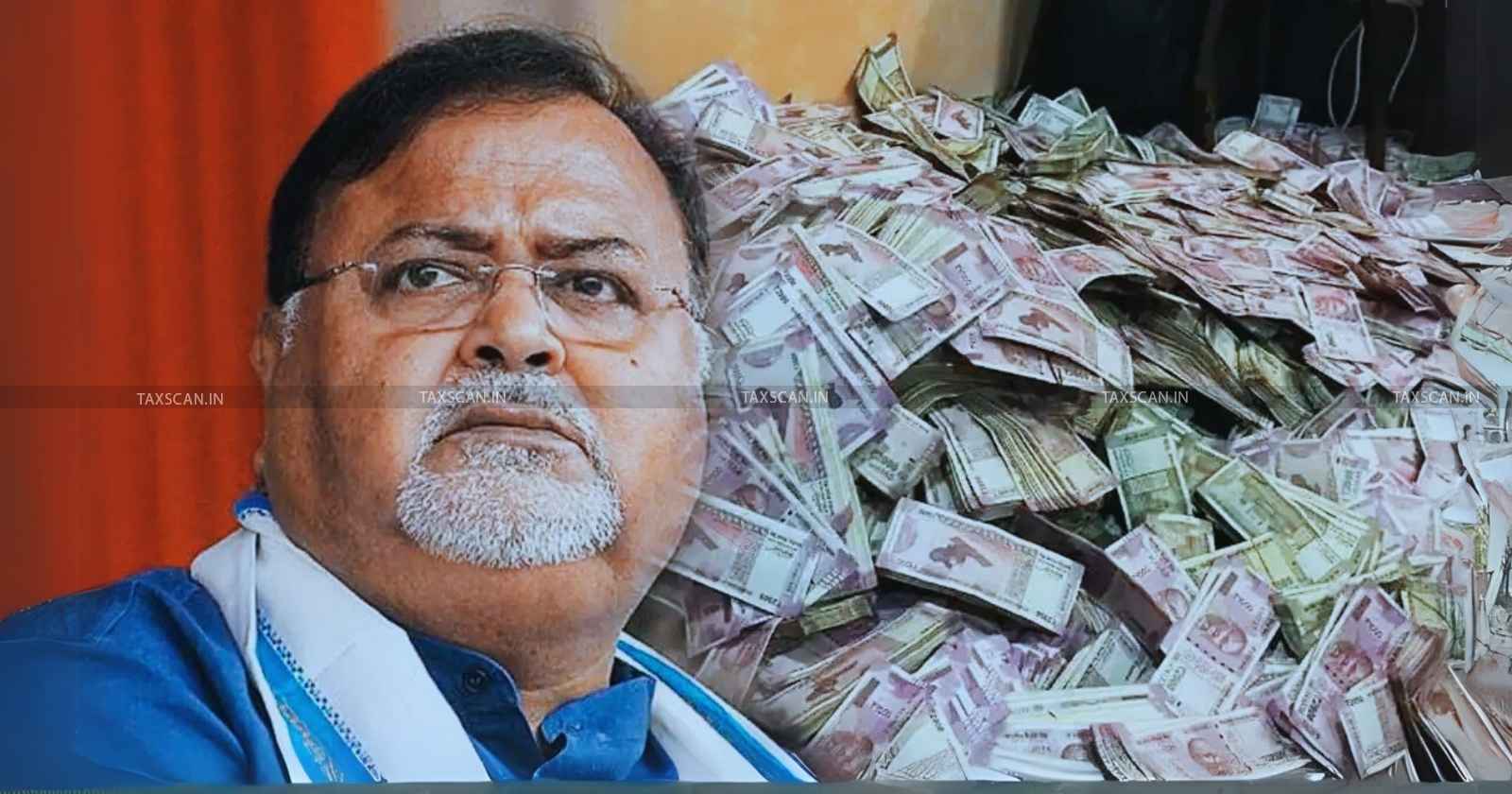Supreme Court orders Expeditious Trial and sets Custody Deadline for West Bengal MLA in ED Case
Notably, the Supreme Court also affirmed the right to challenge any unfavorable rulings pertaining to the framing of charges

Supreme Court – Supreme Court orders – West Bengal MLA in ED Case – West Bengal MLA – MLA – Expeditious Trial – taxscan
Supreme Court – Supreme Court orders – West Bengal MLA in ED Case – West Bengal MLA – MLA – Expeditious Trial – taxscan
In a significant development, the Supreme Court has created a clear roadmap for the potential release of former West Bengal Education Minister and MLA Partha Chatterjee, who has been under custody due to his involvement in a money laundering case tied to a recruitment scam. According to the Supreme Court ruling on Friday (December 13), Chatterjee can be granted bail as early as February 1, 2025.
It was directed that, first and foremost, the trial judge must decide whether to formally frame charges against Chatterjee before the winter holidays start or by December 31, 2024—whichever deadline arrives sooner. This ensures that the case does not get stalled and that Chatterjee, as an accused, is not left in legal limbo.
Once charges have been dealt with, the next phase kicks in. In a move to maintain the integrity of the proceedings, the Supreme Court has directed the trial court to record the testimonies of the most crucial and vulnerable witnesses. This is scheduled to happen in the second or third week of January 2025. These witnesses are considered essential to the prosecution’s case, and their statements could greatly influence the trial’s trajectory.
Redefine Finance: Master the Art of Investment Banking - Click here to Register
If both these conditions—framing of charges and recording key witness statements—are met on schedule, Chatterjee’s pathway to bail opens up. The Court has also made it abundantly clear that he cannot remain in custody beyond February 1, 2025, even if there are unforeseen delays.
Notably, the Supreme Court affirmed Chatterjee’s right to challenge any unfavorable rulings pertaining to the framing of charges. This means that if he believes the charges have been unjustly framed or are not supported by sufficient evidence, he can take further legal steps to seek relief.
Redefine Finance: Master the Art of Investment Banking - Click here to Register
Meanwhile, the Apex Court directions came alongside a larger narrative of justice reform. A recent Public Interest Litigation (PIL) concerning the tragic suicide of Atul Subhash has sparked discussions on reforming domestic violence and dowry laws to prevent the harassment of individuals—particularly husbands—who may be wrongly accused.
Support our journalism by subscribing to Taxscan premium. Follow us on Telegram for quick updates


